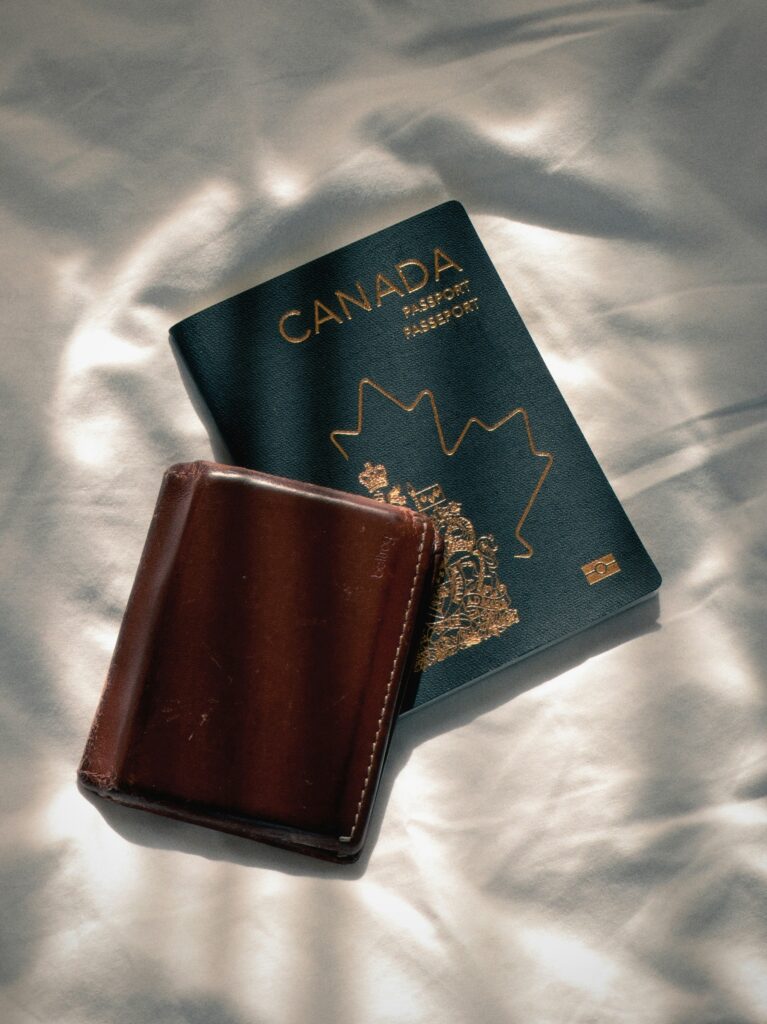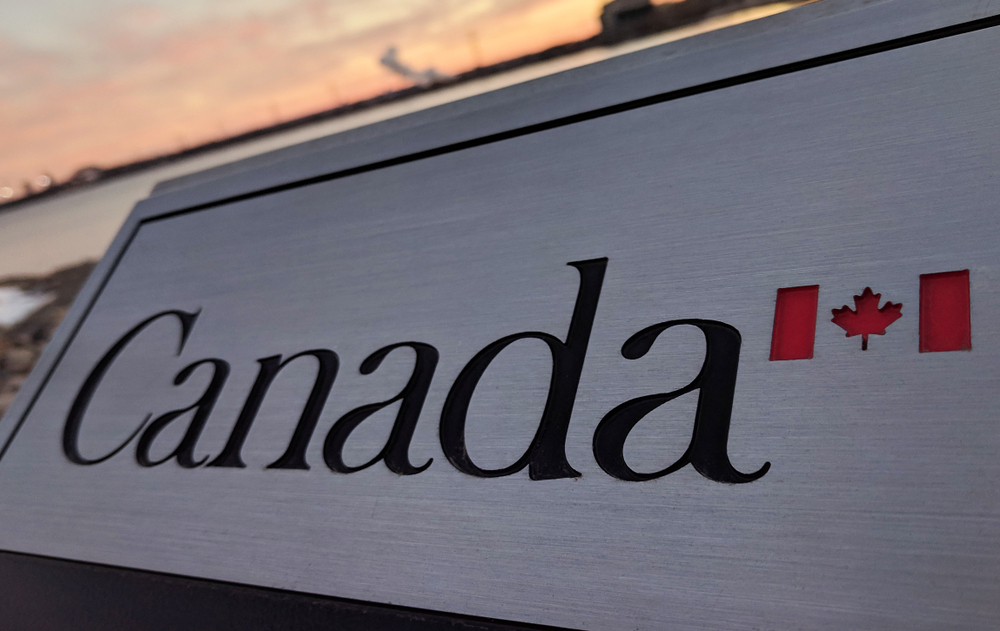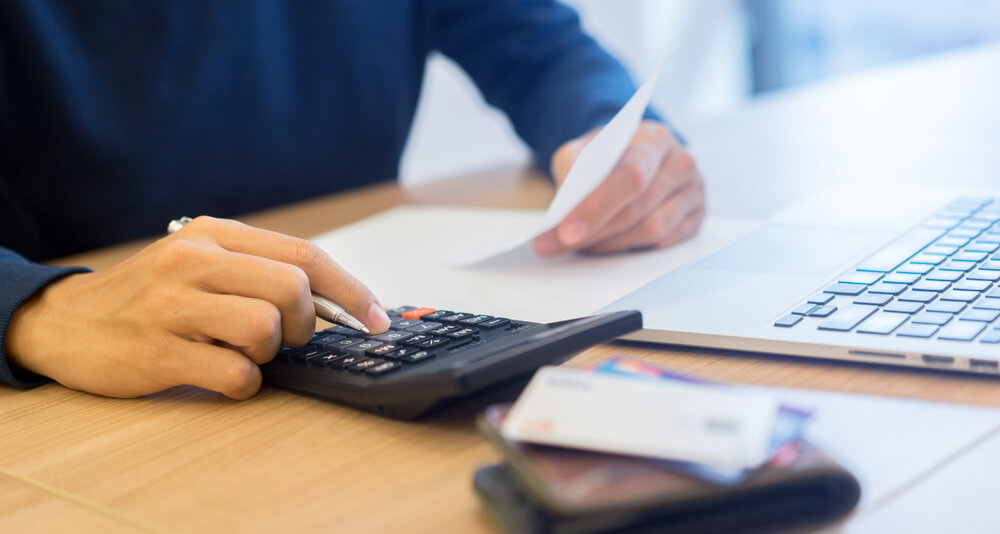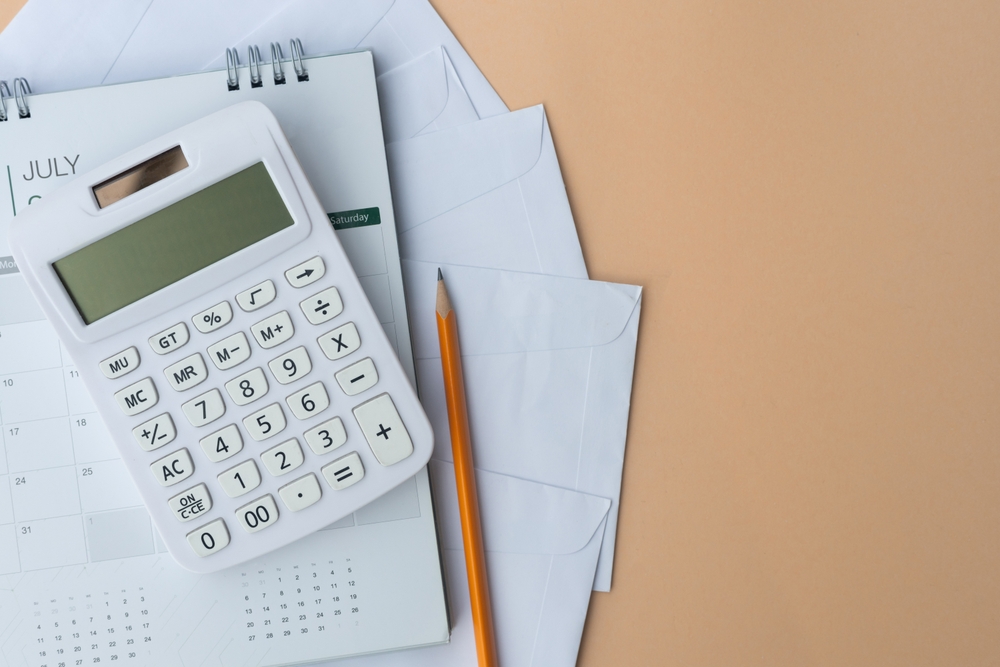Key Points
- What is bankruptcy?
- Is bankruptcy worth it?
- Should I file for bankruptcy in Canada?
- Why do people file for bankruptcy?
- Why should I file for bankruptcy?
- Do I qualify for bankruptcy?
- How to file for bankruptcy in Canada
- What will happen to your debts?
- What happens after I file for bankruptcy?
- Harris & Partners: Help with Bankruptcy
What is bankruptcy?
Declaring personal bankruptcy is a debt relief solution that involves assigning/surrendering your property or assets to a Licensed Insolvency Trustee.
The primary purpose of bankruptcy is for the debtor to clear their debts and start fresh.
Is bankruptcy worth it?
Debts can be overwhelming and can leave you feeling like there’s nothing left to do. While declaring bankruptcy should never be your first solution to getting out of debt, it is a viable way to help you out financially if you’re in over your head.
While declaring personal bankruptcy will eliminate most of your debt, end phone calls from debt collectors and stop collection actions and garnishments, it will not solve all your problems if you don’t make changes to your financial habits.
Declaring personal bankruptcy essentially gives you a second chance, but what you do with that second chance is up to you. During the bankruptcy process you will usually receive financial counselling, which gives you the tools needed to succeed and helps you examine possible lifestyle changes so that you don’t fall back into old bad habits and the recurring cycle of debt.
Should I file for bankruptcy in Canada?
Filing for bankruptcy can be a scary time for anyone. There are many different legal requirements depending on which province you live in, and then there are the questions you’ll have:
What debt can be written off? What debt can’t? What will happen to your credit score? Will you be unable to get credit afterwards?
This brief guide to bankruptcy in Canada will hopefully answer all of these questions for you, but if you have some questions that you feel we haven’t answered, then feel free to get in touch with one of our Trustees for professional, confidential advice.
Why do people file for bankruptcy?
There are a number of reasons why people file for bankruptcy; everything from using their credit cards just to pay their bills, to struggling with unexpected inherited debt.
Regardless of how you came to have debts that are unmanageable, you need to understand the different types of bankruptcies and the options that are available to you to resolve your financial issues.
Why should I file for bankruptcy?
Although it may not feel like it at the time, filing for bankruptcy might actually be beneficial for you. If you file for bankruptcy then:
- The vast majority of your debt will be written off
- Interest will stop accumulating on your debts
- No more collectors hounding you for money
- Your mind will be lifted from the strains of trying to keep up with unmanageable payments
Do I qualify for bankruptcy?
To qualify for bankruptcy proceedings in Canada, you must meet the following criteria:
- You must owe at least $1,000 in unsecured debt
- You owe more in debt than you own in personal assets
- You are unable to pay your debts
- You don’t have to be a Canadian national to go bankrupt but you must either reside, do business, or have property in Canada.
How to file for bankruptcy in Canada
Firstly, you need to recognize that you are having financial problems. If you are having trouble making ends meet at the end of each month or find yourself using credit cards or loans just to stay afloat, then you might need help with bankruptcy proceedings.
To file for bankruptcy, you need to speak to a Licensed Insolvency Trustee in Canada. By Canadian law, they are the only people who can file for bankruptcy on your behalf. Not only can they help you to file for bankruptcy, but they can also recommend any other possible alternatives for you.
Your Trustee will ask you to provide details of your current financial situation and, if bankruptcy is the best option for you, they will start bankruptcy proceedings. It’s important to know that filing for bankruptcy isn’t free – there are fees involved – but your Trustee will go through all of this before moving forward.
What will happen to your debts?
Usually, the first question that everyone asks when applying for bankruptcy is, ‘Will I lose everything?’ The simple answer to this is NO.
The type of debts that bankruptcy nullifies include:
- Credit card debt
- Car loan debt
- Payday loan debt
- Student loan debt
- Unsecured bank loans
- Lines of credit debt
- Utility bill payments
- Tax debts
If you have been out of school for seven years, then your student loan can also be included in your bankruptcy.
However, bankruptcy is not a catch-all solution. There are some debts that are not forgiven. These include spousal and child support payments, debts due to fraud, and court fines. Bankruptcy will also not clear any secured debts.
If your Trustee decides that, after looking at your monthly expenditure, you do have some surplus income and you can afford to pay some money to your creditors, they will set this up. You will only have to make one monthly payment and the Trustee will divide it up amongst your creditors accordingly.
What happens after I file for bankruptcy?
Once your filing for bankruptcy has begun, an immediate ‘stay of proceedings’ comes into play. This means that your creditors can no longer contact you to reclaim the monies that you owe them.
You have certain obligations that you have to meet once you have been declared bankrupt:
- You must surrender any assets – this means savings, vehicles, properties etc. They will be used to pay back your creditors.
- Relinquish your credit cards to your Trustee.
- Attend credit counselling sessions; one within 90 days of being declared bankrupt, and one further one before you are discharged.
- You need to provide your Trustee with a breakdown of your monthly income
- If you have agreed to make some form of payment to your creditors, these payments MUST be made.
If you break these terms, the bankruptcy could be nullified and you may be liable once again for all the debt that you are trying to get written off.
You are usually discharged from bankruptcy after 9 months, but this can last up to 36 months if you have been bankrupt more than once in the past.
Once this time has elapsed, you can start rebuilding your credit score, but the bankruptcy will stay on your credit record for 6 years, so this may be a slow process.
However, you will be debt-free and you can start to rebuild your creditor score. Initially, you’ll find that the interest rates you get offered are higher than what you’ve been used to in the past, but as you rebuild your credit score then the better deals will come accordingly. If you are applying for credit over $1,000 then you must declare that you’re an active bankrupt.
Harris & Partners: Help with Bankruptcy
At Harris and Partners, we have over 50 years of experience in helping people filing for bankruptcy. We have nearly as many branches all across Canada as we do years of experience, including Toronto, Ottawa and Edmonton. Our Licensed Insolvency Trustee can help you with every aspect of filing for bankruptcy, explain the different types of bankruptcies available to you, and the bankruptcy exemptions that apply to you depending upon which province you live in.










